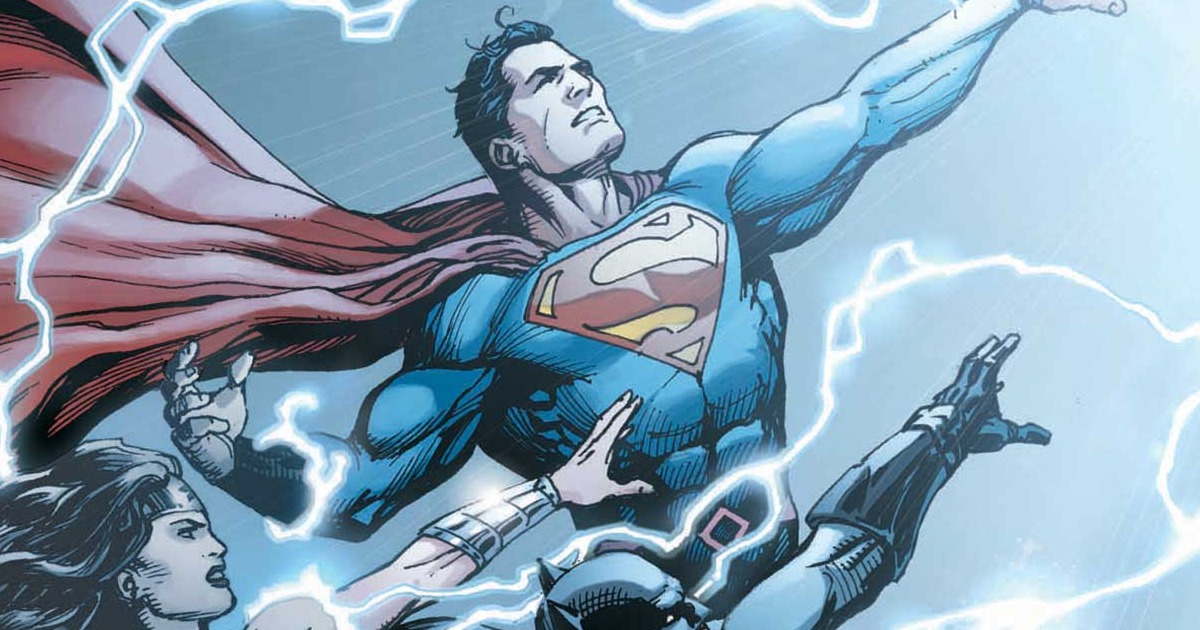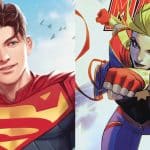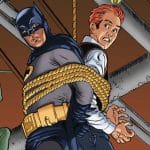The last few years have seen both DC Comics and Marvel attempt to emulate their respective film markets, which has been a miserable failure. No longer would they be the leader inspiring ideas, but instead have become the follower.
The launch of the New 52 saw word that the movie executives were interfering with the DC Comics (specifically with Superman).
Likewise, any fan of Marvel Comics knows the once great “House of Ideas” has become a shadow of its former self. One specific example that hits home is when Marvel Comics cancelled the great Dan Abnett and Andy Lanning Marvel Cosmic titles, Nova and Guardians of the Galaxy, when they received word the movie was being green lit. DnA inspired a new billion dollar Disney franchise, but got canned for it, with Jeph Loeb and Brian Bendis reaping the rewards (nice place to work at).
Another example by Marvel is with Matt Fraction’s Thor run, as Marvel Comics caused interference by requiring mandates on Fraction when the Marvel Studios Thor movie was getting released (could also explain why Fraction left Inhumans as they appear on Agents of SHIELD).
The good news is that at least DC Comics has seen the light of day with the recent launch of their Rebirth event, which seems to have taken their publishing direction to a time prior to the New 52, and one that sees DC aiming to please the fans instead of attempting to force-feed the readers garbage they don’t want (i.e. Marvel NOW).
Sales are doing so well for Rebirth, that DC Comics co-publisher Dan DiDio offered up that sales for the first week of August are equivalent to their total for the entire month of April.
“When you put a number up like that, you sit and you start to giggle,” DiDio said at a recent Comic-Con presentation, reports THR. “You think, ‘Holy shit, this worked!'”
DC is also bucking the trend of subsequent issues of the comics falling in sales, as sales are increasing from second and third issues.
“I’ve never seen anything like that,” DC Comics artist and co-publisher Jim Lee said.
DiDio continues with mention that sales on everything are up and further notes that lesser known books that get rave reviews are seeing sales increase.
“What we’ve seen is that, traditionally, if a book sells poorly as a periodical, it sells poorly as a trade. If it sells extraordinarily well as a periodical, it sells extraordinarily well as a trade,” he explained. “What we’ve seen is that, with the Midnighter book in particular, [which had] a lot of great press, a lot of great reviews, that’s where we’ve seen reviews really inform the sales on the graphic novel collection.”
Lee continues with mention that whenever a new movie or TV show is announced, sales for the source material go through the roof (such as Frank Miller’s The Dark Knight), but what’s interesting is that DiDio says the material based on the movies/TV doesn’t do as well.
“The interesting thing is that material that inspires media sells much better than material that is derivative of media,” DiDio said. “That’s the one thing that we see over and over. If we base a book on a movie, it will sell less than the comic or graphic novel that inspired the movie.”
The article then notes not to expect DC Comics to shell out more comics based on movies and/or TV, but take to a page from yesteryear and be the inspiration.
“That’s the key aspect of what we do in comics. We aspire others to be creative. We don’t have the numbers, the sales, to be comparative — we could be a drop in the bucket — but the source material is clearly identified as the comic books. It pushes us to be more creative — not to follow but to lead,” DiDio said.







